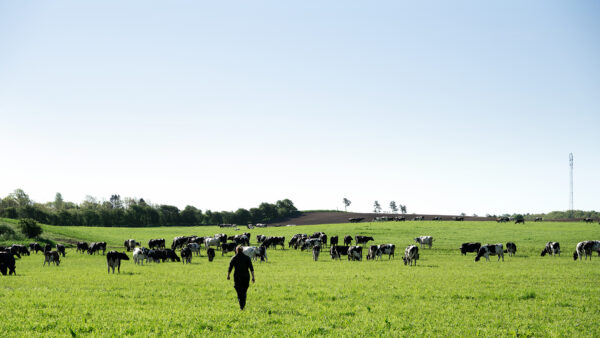The predatory bug Macrolophus pygmaeus has been used successfully for pest control in tomato crops for decades. However, high population densities can cause serious damage to the fruits and flowers. Wageningen University & Research, BU Greenhouse Horticulture started a project to study new species of predatory bugs that reduce risks on crop damage, and at the same time, effectively control pests. The first achieved results look promising.
Species of Predatory Bugs
Predatory bugs are essential for biological pest control in tomato crops, particularly for the control of whiteflies. The predator Macrolophus pygmaeus has been applied successfully for many years in greenhouse crops. This species belongs to the true omnivores of the family Miridae, which means they feed both on plant and prey. This ability is a huge advantage for establishment into crops when pests are absent or scarce, but at the same time a risk when through plant feeding fruit and flowers get damaged. However, within this family of mirid predators, there are also species known to have a stronger preference for prey than plant feeding, which may lower the risk on plant damage. They take a different position in the so-called zoophytophagous spectrum. There are also examples of species with a higher risk on plant damage. The Mediterranean species Nesidiocoris tenuis is an example; although successfully used for the control of Tuta absoluta in Spain, it gives serious damage in several Dutch tomato greenhouses and is considered as a pest.
Less Damage
Wageningen University & Research, BU Greenhouse Horticulture has studied the risk on plant damage for three new species of mirid predatory bugs in comparison with M. pygmaeus. A greenhouse trial was set-up where predators were fed with Ephestia eggs on plants, which boosted densities to extreme high densities of 150-200 individuals per plant. These high densities gave eventually in all treatments serious fruit damage, but remarkably, the lowest fruit damage was found for M. pygmaeus. However, even more surprisingly, flower abortion was only found in the treatments with M. pygmaeus, whereas none of the other species of predatory bugs induced flower abortion. This damage to the flowers is a serious problem for truss tomatoes, thereby making some of the new species of predatory bugs interesting candidates for biological control in truss tomato varieties. Another interesting observation was the much faster population increase for two of the three new species compared to M. pygmaeus.
More Control
The search for new species of mirid predatory bugs would preferably also result in species that are more effectively controlling pests than the standard M. pygmaeus. An important reason for this need is the presence of the leaf miner moth Tuta absoluta. This invasive pest has established in Dutch greenhouses and gives serious crop losses. The control of this pest by new species of predatory bugs is currently studied in greenhouse trials. These predators are mainly predating on the egg stage, which means that preventive releases of predatory bugs and their prior to pest establishment are important factors that determine the level of pest control . Another problem besides Tuta absoluta is the unintended establishment of the Mediterranean species Nesidiocoris tenuis in tomato crops. Once present, it is not easy to get rid of this species, as selective control in hardly impossible without side-effects on M. pygmaeus. Therefore we also study methods to reduce damage and densities of this species through distraction or competition.
Project
This study is part of the project “Pest control by omnivorous predatory bugs”, which started in 2016. This public private partnership has 50 per cent funding from the ministry of economics and 50 per cent funding from private companies and foundations. The private partners in our project are the cooperatives for tomato, gerbera and rose crops, the foundation for research in greenhouse crops and Koppert Biological Systems. The project is leaded by Wageningen University & Research, BU Greenhouse Horticulture and coordinated by LTO Glaskracht. Besides tomato, we also study the potential of new predatory bugs for pest control in gerbera and rose crops.
Source: Seedquest













